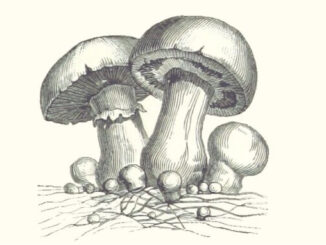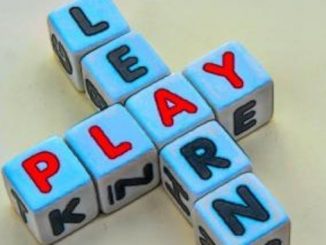
Technology Trees (AKA Tech Trees or Research Trees) are a feature of strategy games and represent a series of upgrades that a player can make, very often through research, hence the name. They consist of a number of ‘levels’ through which a player can move, gradually gaining more advanced technology. A Technology Tree is a tree in that at each level it branches, giving the player different choices. Depending on how a game works, making a particular choice may close off other options, but moving up through the levels, known as tiers, will open up new choices.
Typically, players will begin at tier one with very few options to research, with their options expanding as they ‘tech up’ i.e. move up through the tech tree options until they reach the end of the designed tree sequences.
For example, unlocking the ‘internal combustion engine’, would allow a player to explore all sorts of other possibilities around land, sea and air transportation. However, depending on how the game is organised, taking that option might close off research into alternative sources of power for transportation, such that the player would never therefore end up creating a solar-powered space craft.
The board game Civilization (1980) is credited with introducing the Technology Tree and since then it has become a feature of many strategy games including Civilization (the computer game), Age of Empires and StarCraft.
In the context of games-based learning, and specifically, organisational learning, perhaps the most obvious application of technology trees are in simulations around innovation, process improvement and methodologies like Agile – a good example of the latter can be found in this Ludogogy article by Corrado de Sanctis, about his DS Builders game.
Within education, tech trees are found in many games exploring the actual historical advancement of specific civilizations, communities or industries, and many commercial off the shelf (COTS) games could be used in a classroom setting without much adaptation. Examples include Brass: (Birmingham and Lancashire) and Orleans. COTS games with tech trees suitable for classroom learning around specific science topics and environmental systems / sustainability include Genotype and On Mars.
- James Bore – The Ransomeware Game - 13th February 2024
- Ipsodeckso – Risky Business - 23rd January 2024
- Review – Luma World Games - 15th December 2023





Be the first to comment